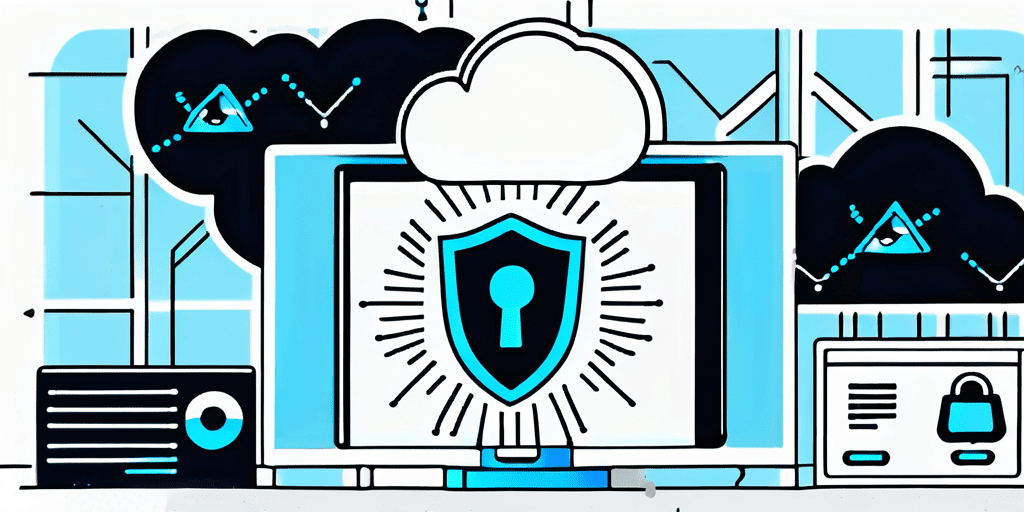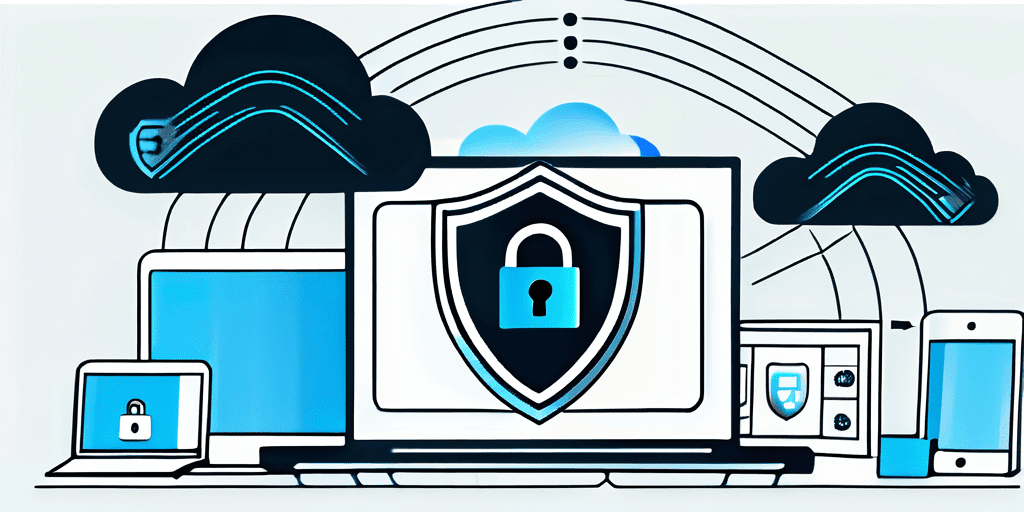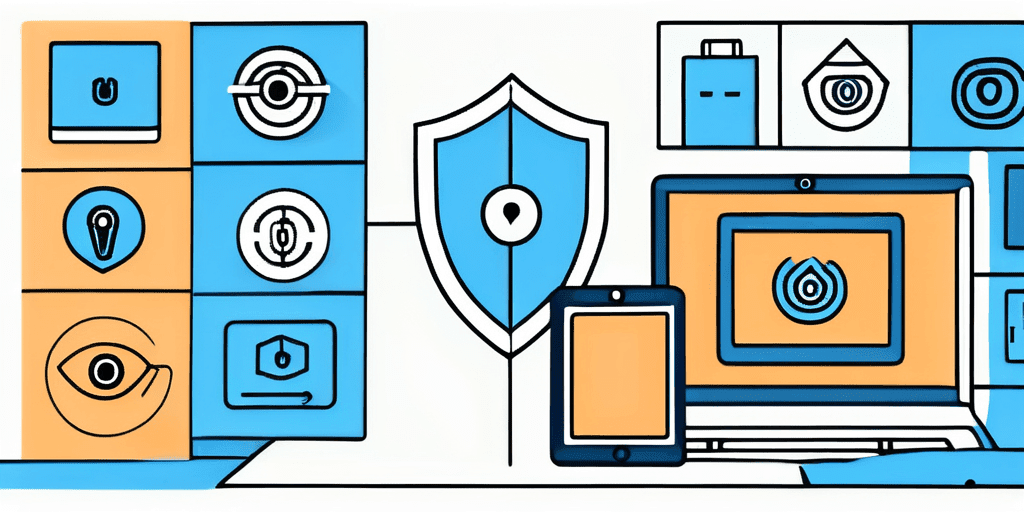In today’s digital age, where our lives are increasingly intertwined with the internet, the risks of doxing have become a prevalent and alarming concern. Doxing, short for “dropping documents,” is the malicious act of publicly exposing an individual’s personal information, such as their full name, address, phone number, and even their social security number. This form of cyber harassment has far-reaching consequences and can lead to severe personal, professional, and legal repercussions.
Understanding Doxing: A Modern Threat
Before delving into the dangers of doxing, it’s essential to understand what it is and how it works. Doxing is an unethical practice that aims to infringe upon an individual’s privacy by revealing personal information that was not intended for public consumption. This information is often obtained through various means, such as hacking, social engineering, or data breaches.
Defining Doxing: What It Is and How It Works
At its core, doxing involves maliciously gathering and exposing an individual’s private information to a broader audience. This information can include anything from home addresses and phone numbers to workplace details and family members’ names. The intention behind doxing is to harass, intimidate, or harm the victim by ensuring their personal information is readily accessible to anyone.
The Motivations Behind Doxing
The motivations behind doxing can vary significantly, from seeking revenge or settling personal disputes to ideological reasons or simple sadistic pleasure. Some online harassers engage in doxing for financial gain, using the exposed personal information for blackmail or identity theft. Others may engage in doxing as a form of online activism, targeting individuals whose opinions or actions they disagree with.
It is important to note that doxing is not limited to targeting individuals of a certain profession or social status. Anyone can become a victim of doxing, regardless of their background or online presence. The anonymity provided by the internet makes it easier for perpetrators to carry out doxing attacks without fear of immediate consequences.
Furthermore, the consequences of doxing can extend far beyond the initial act. Victims often experience severe emotional distress, fear for their safety, and may even face real-life harassment or stalking. In some cases, doxing has led to physical harm and ruined lives.
As society becomes increasingly interconnected, the threat of doxing continues to grow. It is crucial for individuals to be vigilant about their online presence, taking steps to protect their personal information and privacy. Additionally, legislation and law enforcement efforts must continue to evolve to address this modern threat effectively.
The Dangers of Doxing
The dangers associated with doxing are far-reaching and can have severe consequences on both the individual and their loved ones. When personal information is exposed online, it becomes vulnerable to exploitation by criminals looking to commit various malicious activities, such as identity theft, stalking, or fraudulent financial transactions.

Personal Consequences of Doxing
For the victims of doxing, the personal consequences can be extraordinarily distressing. Imagine having your home address made public, leaving you vulnerable to physical threats or unwanted visits from strangers. And it doesn’t stop there – the psychological toll of knowing that your personal information is readily available to those who wish to harm you can be debilitating.
Furthermore, victims of doxing often experience a profound loss of privacy. Once personal information is exposed, it can be challenging to regain control over one’s own life. The constant fear of being targeted again can lead to a sense of constant vulnerability, affecting not only the individual but also their relationships with friends and family.
Legal Implications of Doxing
From a legal perspective, doxing is often considered a criminal act. Many jurisdictions have enacted laws that specifically address doxing and regulate the punishment for engaging in such activities. These laws seek to protect individuals’ privacy and ensure that those responsible for doxing can be held accountable for their actions.
In addition to criminal charges, victims of doxing may also have grounds for civil lawsuits. They can seek compensation for the emotional distress, financial losses, and any other harm caused by the doxing incident. These legal remedies aim to provide some form of justice and restitution to the victims, as well as deter others from engaging in similar harmful behavior.
It is important for individuals to be aware of the potential consequences of doxing and take proactive measures to protect their personal information. This includes being cautious about sharing sensitive details online, regularly updating privacy settings on social media platforms, and using strong passwords to secure online accounts. By being vigilant and informed, individuals can reduce their risk of falling victim to this invasive and harmful practice.
How Your Information Gets Exposed
Understanding how your personal information can be exposed is essential in safeguarding your online presence. It’s crucial to be aware of the common sources through which doxers gather information, as well as the role social media plays in facilitating these malicious activities.

Common Sources of Personal Information
There are various sources from which doxers can gather personal information about their victims. Publicly available databases, online directories, and even social media profiles can offer valuable details that perpetrators can exploit. It’s critical to be mindful of the information you share, especially on platforms that have lax privacy settings or lack proper security measures.
One common source of personal information for doxers is public records. These records, which include things like property ownership, court records, and voter registration, are often accessible to the public. Doxers can comb through these records to find addresses, phone numbers, and other personal details that can be used to harass or harm individuals.
Another source that doxers exploit is online forums and discussion boards. These platforms, where people engage in conversations on various topics, can inadvertently reveal personal information. Users may share details about their lives, hobbies, or even their workplace, unknowingly providing doxers with the puzzle pieces they need to piece together someone’s identity.
The Role of Social Media in Doxing
Social media platforms have become breeding grounds for doxing activities. The wealth of information voluntarily shared by users, coupled with the often-incomplete understanding of privacy settings, creates an ideal environment for doxers to collect personal information. Even seemingly harmless details, such as birth dates or the names of family members, can provide malicious individuals with ample ammunition to carry out a doxing attack.
Furthermore, social media platforms often encourage users to share personal information by asking for details like hometown, relationship status, or educational background. While these prompts may seem innocent, they can inadvertently expose individuals to the risk of doxing. Doxers can use this information to build a comprehensive profile of their victims, making it easier to carry out targeted attacks.
Additionally, social media platforms’ tagging and location features can inadvertently disclose personal information. When users tag their friends or check-in at specific locations, they may unknowingly reveal their whereabouts and the people they associate with. Doxers can exploit this information to harass or intimidate individuals, knowing their movements and social connections.
Strategies to Protect Your Personal Information
While the threat of doxing may seem formidable, there are several measures you can take to protect your personal information online. Implementing these strategies can significantly reduce the risk of falling victim to doxing.
When it comes to safeguarding your personal information, it’s important to go beyond the basics. In addition to understanding and utilizing privacy settings on all relevant online platforms, there are other steps you can take to fortify your defenses.
Privacy Settings and Their Importance
One of the first lines of defense against doxing is understanding and utilizing privacy settings on all relevant online platforms. Review the options available on each platform and adjust the settings to restrict access to your personal information, ensuring that only trusted individuals have access to it.
Furthermore, it’s crucial to regularly review and update your privacy settings as online platforms often introduce new features or changes to their privacy policies. By staying informed and proactive, you can stay one step ahead of potential threats.
The Power of Strong Passwords
Creating strong, unique passwords for all your online accounts is crucial in preventing unauthorized access to your personal information. Avoid using easily guessable information, such as birthdays or names, and opt for a combination of letters, numbers, and symbols.
However, strong passwords alone may not be enough. It’s essential to regularly change your passwords and avoid reusing them across multiple accounts. This way, even if one account is compromised, the damage can be contained and your other accounts remain secure.
Additionally, consider using a password manager to securely store and generate complex passwords. These tools not only make it easier to manage multiple passwords but also provide an added layer of encryption to keep your information safe.
Responding to Doxing: Steps to Take
If you find yourself targeted by a doxing attack, it’s important to act swiftly and decisively to minimize the fallout. By taking the appropriate steps, you can regain control over your personal information and mitigate further harm.
But what exactly should you do when faced with such a distressing situation? Let’s delve deeper into the steps you can take to protect yourself and reclaim your online security.
Reporting Doxing Incidents
When faced with a doxing attack, it’s crucial to report the incident to the relevant authorities and platforms involved. Most social media platforms have reporting mechanisms in place to address instances of harassment or data breaches. By reporting the incident, you contribute to the collective effort to combat doxing and hold the perpetrators accountable.
Additionally, consider reaching out to organizations that specialize in online safety and privacy, such as cybercrime units or advocacy groups. These organizations have the expertise and resources to assist you in navigating the aftermath of a doxing attack.
Recovering from a Doxing Attack
Recovering from a doxing attack may seem daunting, but it is possible. Start by reviewing and strengthening your online security measures, such as updating passwords and enabling multi-factor authentication. Consider using a password manager to generate and store strong, unique passwords for each of your online accounts.
Furthermore, it’s important to be vigilant about monitoring your online presence. Regularly search for your name and personal information on search engines and social media platforms to identify and address any lingering traces of the doxing attack. If you come across any harmful content, document it and report it to the respective platform.
Seek support from friends, family, or mental health professionals if the emotional toll becomes overwhelming. Dealing with the aftermath of a doxing attack can be incredibly stressful and anxiety-inducing. Remember, you are not alone, and there are resources available to help you through this challenging period.
By taking these proactive steps, you can reclaim your sense of security and privacy in the digital world. Remember, doxing attacks are not a reflection of your worth or character. Stay strong, reach out for support, and take back control of your online presence.
The Future of Doxing: An Ongoing Threat
The threat posed by doxing is not likely to diminish anytime soon. As technology continues to evolve, so too does the risk of personal information exposure. Understanding emerging trends and the role of legislation in combating doxing is crucial in staying ahead of this ever-evolving threat.

Emerging Trends in Doxing
One emerging trend in doxing is the increasing use of artificial intelligence and machine learning algorithms to automate data collection and analysis. This advancement allows doxers to gather vast amounts of personal information efficiently and quickly, further amplifying the risk to individuals’ privacy.
For instance, sophisticated algorithms can now scrape social media platforms, online forums, and even public databases to compile comprehensive profiles of individuals. By analyzing patterns and connections, these algorithms can uncover sensitive information, such as home addresses, phone numbers, and even financial details. This level of automation not only makes doxing more efficient but also increases the scale and reach of potential victims.
The Role of Legislation in Curbing Doxing
Legislation plays a vital role in curbing doxing by establishing legal frameworks and stiff penalties for those caught engaging in such activities. Governments around the world are actively working to enact laws and regulations that protect individuals’ privacy and discourage doxing. However, overcoming the challenges associated with jurisdictional boundaries and enforcement remains an ongoing effort.
One significant challenge in combating doxing through legislation is the global nature of the internet. With the ability to operate across borders, doxers can exploit jurisdictional loopholes and evade prosecution. Coordinating international efforts to address doxing requires close collaboration between governments, law enforcement agencies, and technology companies. It involves navigating complex legal frameworks, negotiating agreements, and sharing intelligence to ensure a unified and effective response.
Furthermore, legislation needs to strike a delicate balance between protecting individuals’ privacy and preserving freedom of speech. While it is essential to deter and punish malicious doxing activities, it is equally important not to stifle legitimate expression and investigative journalism. Crafting laws that effectively address doxing while respecting fundamental rights and principles is a complex task that requires ongoing evaluation and adaptation.
In conclusion, the risks of doxing are significant and demand our attention. Protecting our personal information online is no longer a luxury; it is an essential step in safeguarding ourselves from the malicious intent of doxers. By understanding the dangers, implementing preventive measures, and staying informed about emerging trends, we can navigate the digital landscape with greater confidence and peace of mind.
As you navigate the complexities of the digital world and seek to protect your business from the dangers of doxing, Blue Goat Cyber is here to offer expert cybersecurity solutions. Our veteran-owned company specializes in medical device cybersecurity, penetration testing, and compliance with HIPAA, FDA, SOC 2, and PCI standards. We understand the importance of safeguarding your business’s sensitive information and are dedicated to securing your operations against cyber threats. Contact us today for cybersecurity help and take a proactive step towards a more secure future for your business.
